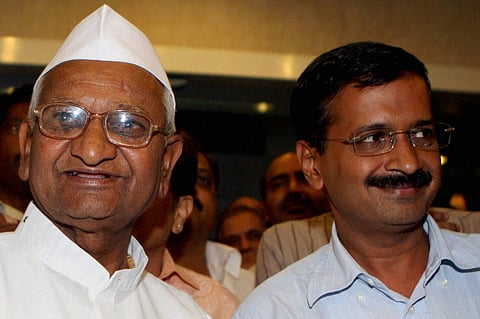

What is the Lokpal Bill? Why is it so important?
The Lokpal Bill, in blunt terms, is an anti-corruption Bill. The law will enable an anti-corruption watchdog to work independently and will have in its purview even the PMO (Prime Minister’s Office). It will also cover societies, organisations funded by the government.
After many unsuccessful attempts at passing the Bill that spanned over 46 years, it was finally passed by voice vote on 18 December, 2013.
How does it function?
The Lokpal will comprise of 8 members, of which 4 will be judicial members and the rest shall be from among SCs, STs, minorities and women. The Bill also mandates states to setup Lokayuktas within one year or 365 days of act coming into force. The state will have to appoint Lokayuktas.
Who selects the Lokpal?
The selection committee will consist of the Prime Minister, Leader of Opposition (Lok Sabha) and Chief Justice of India, an eminent jurist and Speaker of Lok Sabha.
The eminent jurist will be selected by the President of India, based on the recommendations of the other 4 members.
What is a Lokayukta?
It is an ombudsman organisation that will investigate allegations of corruption and malpractices by public servants. Citizens can directly approach the Lokayukta with their complaints.
So what does it mean to the common man?
Which bodies do not fall under the Lokpal’s purview?
Bodies creating endowments for or performing religious/charitable functions are excluded. NGOs also remain outside its ambit.